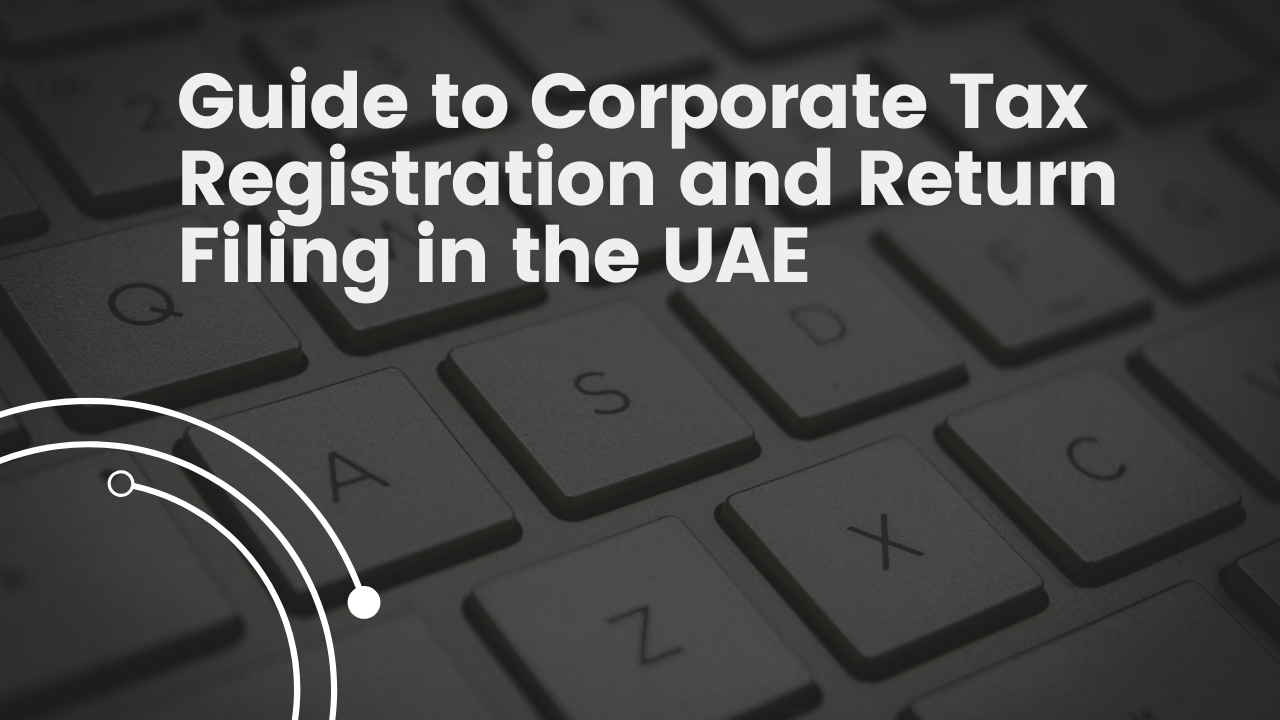The Ministry of Finance in the UAE implemented changes to corporate tax regulations in 2022, ushering in a new era for businesses in the country. As this concept is relatively new in the UAE, companies may face challenges understanding corporate tax requirements, registration procedures, and compliance.
To navigate this landscape effectively, corporate tax consultants in Dubai play a crucial role in ensuring timely corporate tax registration in the UAE. The UAE’s corporate tax regime, guided by seamless regulations from the Organization for Economic Cooperation and Development (OECD), aims to minimize compliance risks for businesses.
Here are key points regarding corporate tax in the UAE:
- Compulsory Adherence: The Federal Decree Law 47 mandates that all taxable entities, including Free Zone entities, must comply with corporate tax laws. Even if some entities are exempted by the Ministry, they are still required to register for corporate tax with the Federal Tax Authority (FTA).
- Unique Registration Number: Every taxable person must obtain a unique tax registration number through the corporate tax registration process outlined by the FTA. This process follows a prescribed format and adheres to specific timelines set by the authority.
- Tax Rates: Upon successful registration, taxable persons are subject to a standardized corporate tax rate:
- Taxable income exceeding AED 375,000 is taxed at 9%.
- Taxable income up to AED 375,000 incurs a 0% charge.
Importance of Corporate Tax
The UAE’s Ministry of Finance has introduced a tax framework that provides advantages to businesses paying corporate tax. This system encourages enterprises to voluntarily contribute to corporate tax, resulting in several benefits:
- Compliance and Transparency: By adhering to corporate tax regulations, businesses can maintain compliance with tax laws. The framework also enables companies to identify and address any malicious tax practices, ensuring transparency and accountability.
- World-Class Standards: The UAE’s corporate tax system aligns with international standards. Leveraging these world-class tax practices, businesses can operate efficiently and confidently within the legal framework.
- Financial Impact: Corporate tax directly impacts a company’s financial health. It reduces the after-tax revenue, which affects profitability and overall financial stability.
- Shareholders’ Interests: Corporate tax doesn’t only affect direct shareholders. It also has implications for indirect shareholders, including those with private pensions or investment funds.
Documents required for Corporate Tax Registration UAE
- Copy of Eligible Trade License: Provide a copy of your valid trade license, demonstrating your eligibility to operate a business.
- Passport Copy of Owners/Partners/Shareholders: Include passport copies of the individuals who own the license. This ensures transparency and accountability.
- Emirates ID of Owners/Partners/Shareholders: Submit Emirates ID copies of the license owners, partners, or shareholders.
- Memorandum of Association (MOA) or Article of Association (AOA): Provide either the MOA or AOA, which outlines the company’s structure, ownership, and operational details.
- Contact Details of Concerned Person:
- Mobile Number: Share the mobile number of the person responsible for corporate tax matters.
- E-mail: Provide a valid email address for communication.
- Company Contact Details:
- Complete Address: Include the full address of your company’s location.
- P.O. Box: Specify the P.O. Box associated with your business.
- Corporate Tax Period: Indicate the relevant corporate tax period for which you are registering.
Tax Filing Due Dates.
- Fiscal Year Starting from 1 June 2023 to 31 May 2024:
- If a company adopts this fiscal year, it will be subjected to corporate tax from 1 June 2023.
- The first tax return filing for this period will be due on 28th February 2025.
- Financial Calendar Year Starting on or after 1 January 2023 and Ending on 31 December 2023:
- For companies following this financial calendar year:
- Corporate tax will apply from 1 January 2024.
- The filing deadline for the same will likely be 30th September 2025.
- For companies following this financial calendar year:
It is indeed crucial to be aware of the corporate tax fines and penalties in the UAE. The Federal Tax Authority (FTA) has implemented strict measures to ensure compliance. Specifically, a penalty of AED 10,000 will be imposed for late corporate tax registration in the UAE.
To avoid such penalties, businesses should promptly complete their corporate tax registration process within the specified timelines. If you have any further questions or need additional information, feel free to ask! Thank you.


